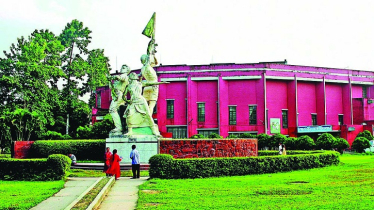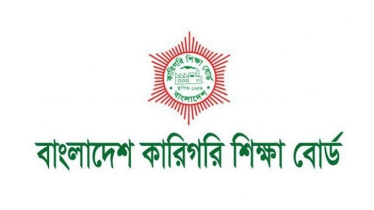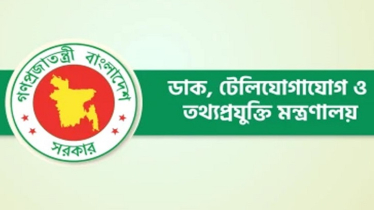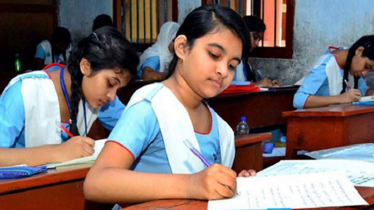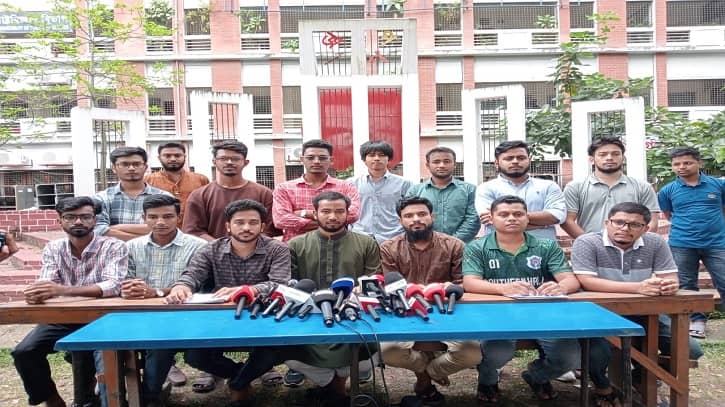
Students of Dhaka College have strongly rejected and condemned the proposed hybrid schooling method outlined in the draft of the planned Dhaka Central University, which would incorporate seven government colleges in the capital.
On Saturday morning, students gathered at the central Shaheed Minar of Dhaka College to protest through a press conference. They called for preserving the autonomy of the seven colleges while establishing an internationally standard university that improves the quality of higher education.
The students stated that for over a year, they have been campaigning for a unified structure that decentralizes higher education while ensuring the distinct identity of the colleges. They expressed disappointment that the Ministry of Education published the draft on 23 September 2025 without adequately considering the opinions of most students, calling it irrational and unsuitable.
They argued that the proposed hybrid model threatens to undermine the colleges’ autonomy and could create conflicts between university authorities and students. They noted that under the draft, the seven colleges would become campuses of Dhaka Central University, with institutions like Eden Mohila College and Begum Badrunnesa College being converted into co-educational campuses, which students fear will erode women’s long-standing educational priority.
Students also criticized provisions allowing the university to acquire and transfer property, warning this could spark disputes over ownership and heritage. They pointed out that the draft fails to safeguard the two-century-old alumni identity of the colleges, drawing parallels to 1921 when Dhaka College transferred its resources to the newly formed Dhaka University, leaving its students marginalized in facilities they once owned.
The protestors further highlighted that several religious subjects currently offered, such as Islamic History and Culture and Islamic Studies, were omitted from the draft, calling it discriminatory. They also noted the absence of clarity regarding the governance of intermediate-level education, particularly at Dhaka College, which carries significant historical importance.
Students reiterated their demand for an Oxford-style model, where the central university would oversee degree awarding, curriculum, examinations, and research guidance, while colleges would remain autonomous with their own governing bodies and resources. They insisted that this model is essential to protect the identity of the seven colleges and enhance educational quality.
They called for the withdrawal of the current draft and the formation of a commission to prepare a sustainable law, ensuring representation from all stakeholders, including students, teachers, alumni, and social and political groups from all seven colleges. They also demanded direct dialogue rather than token consultations through email, as well as protection of staff interests.
The students stressed that without broad participation and representation, no initiative for the new university would succeed. They urged the state and the University Grants Commission to accept their demands through meaningful discussions.


